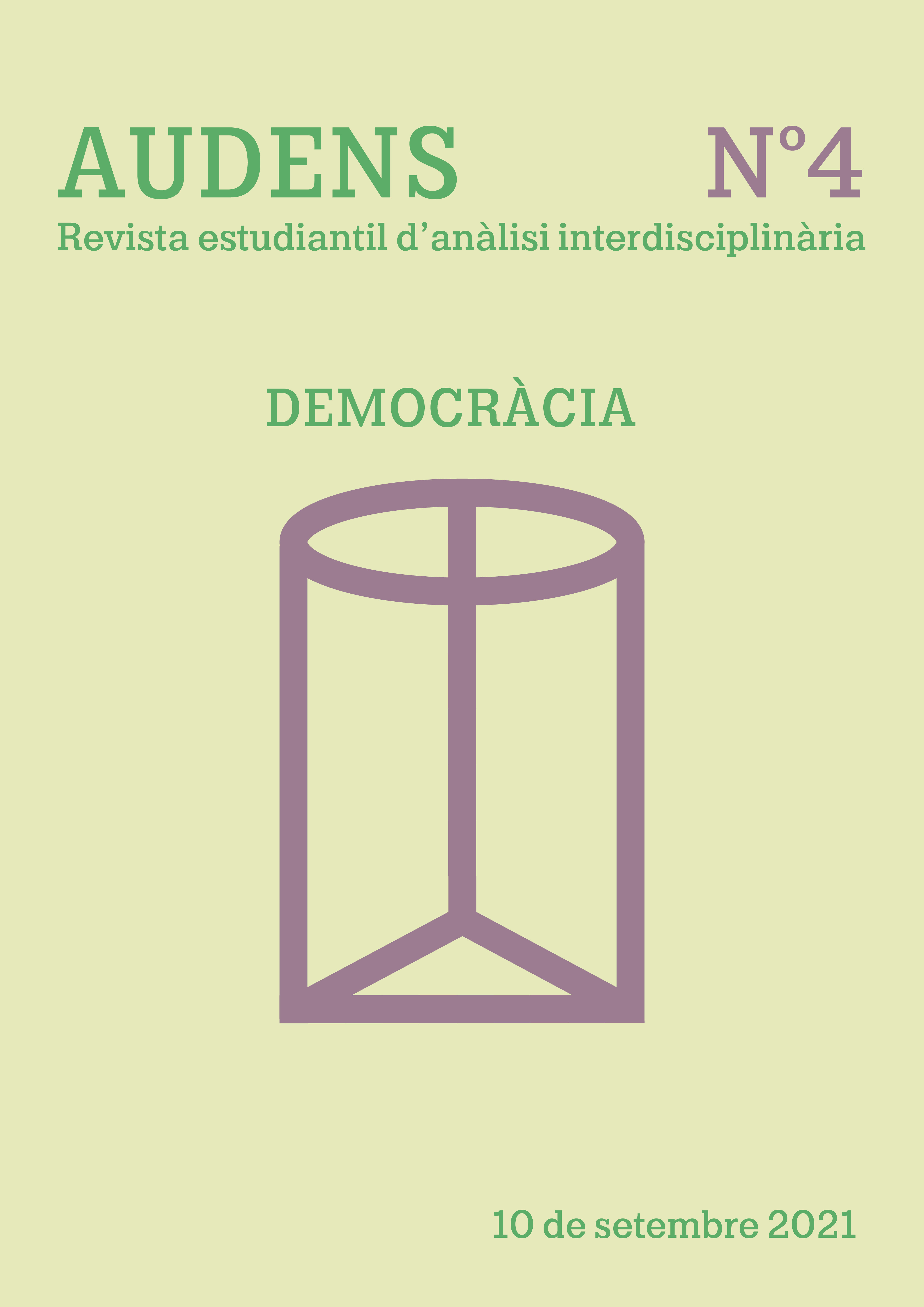The European Union as Empire: Democratic Political Representation in Empire Europe
Abstract
Abstract. To conceptualise the European Union (‘EU’) as an empire is controversial. Yet, closer examination of the complex phenomenon of empire actually provides a constructive and a valuable understanding of the EU. This article aims to do away with state-centric approaches and examines the democratic political representation of the EU as an empire. Eric Voegelin’s theory of political representation is chosen to create an understanding of political representation in the EU. Voegelin’s focus goes beyond legal and ‘elemental’ approaches to representation and, therefore, allows for an interesting comparison with early empires, providing valuable angles to examine the political reality and symbols of the EU. This study concludes with a realistic perspective on a known problem, on which, by the use of the empire-analogy and a Voegelinian approach, it sheds a new light: democracy, functioning as the basis for unity in the EU, is fragile, and the distrust of Europeans to their representatives results in complications with unifying Europeans. It is an empire, historically seen, that might allow for a configuration for the EU that provides a good way to mitigate and balance differences since empires have an intrinsic relational and structural plurality that delivers, more than a state, unity in diversity.
Downloads
Published
Versions
- 2021-09-11 (2)
- 2021-09-10 (1)
Issue
Section
License
L'autor/a que publica en aquesta revista està d'acord amb els termes següents:- L'autor/a conserva els drets d’autoria i atorga a la revista el dret de primera publicació de l’obra.
- Els textos es difondran amb la llicència de Reconeixement de Creative Commons, la qual permet compartir l’obra amb tercers, sempre que en reconeguin l’autoria, la publicació inicial en aquesta revista i les condicions de la llicència.


